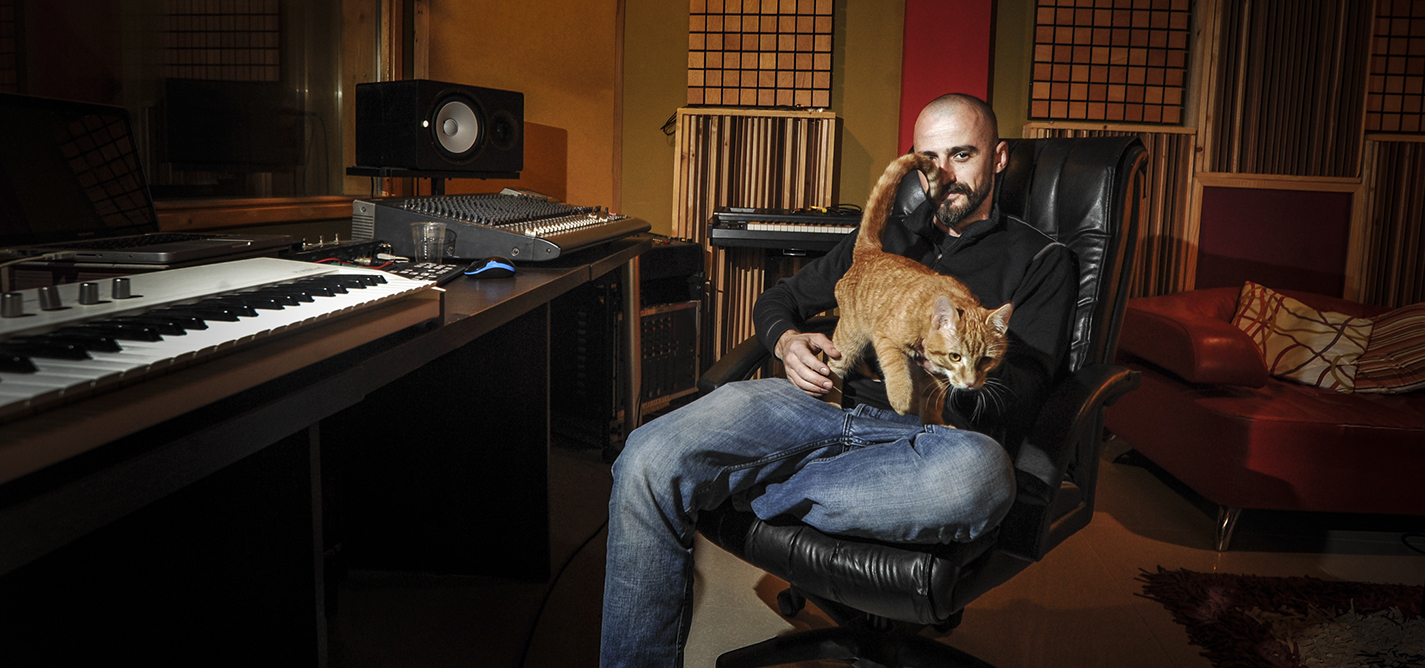
Taste2: My music is a form of protest against the evils in this country
Rapper says he contributes to Kosovar society through music that is against those who are “lying to the people.”
"If you see a bomb falling, laugh, because there is nothing else left to do."
The studio is the place where I feel most at home — when I go there to make a song, and when I finish it, it is like lighting a cigarette after sex.

Ngadhnjim Avdyli
Ngadhnjim Avdyli is a former K2.0 staff journalist, covering mainly politics, governance and social justice issues. He has a degree in journalism from the University of Prishtina.
This story was originally written in Albanian.